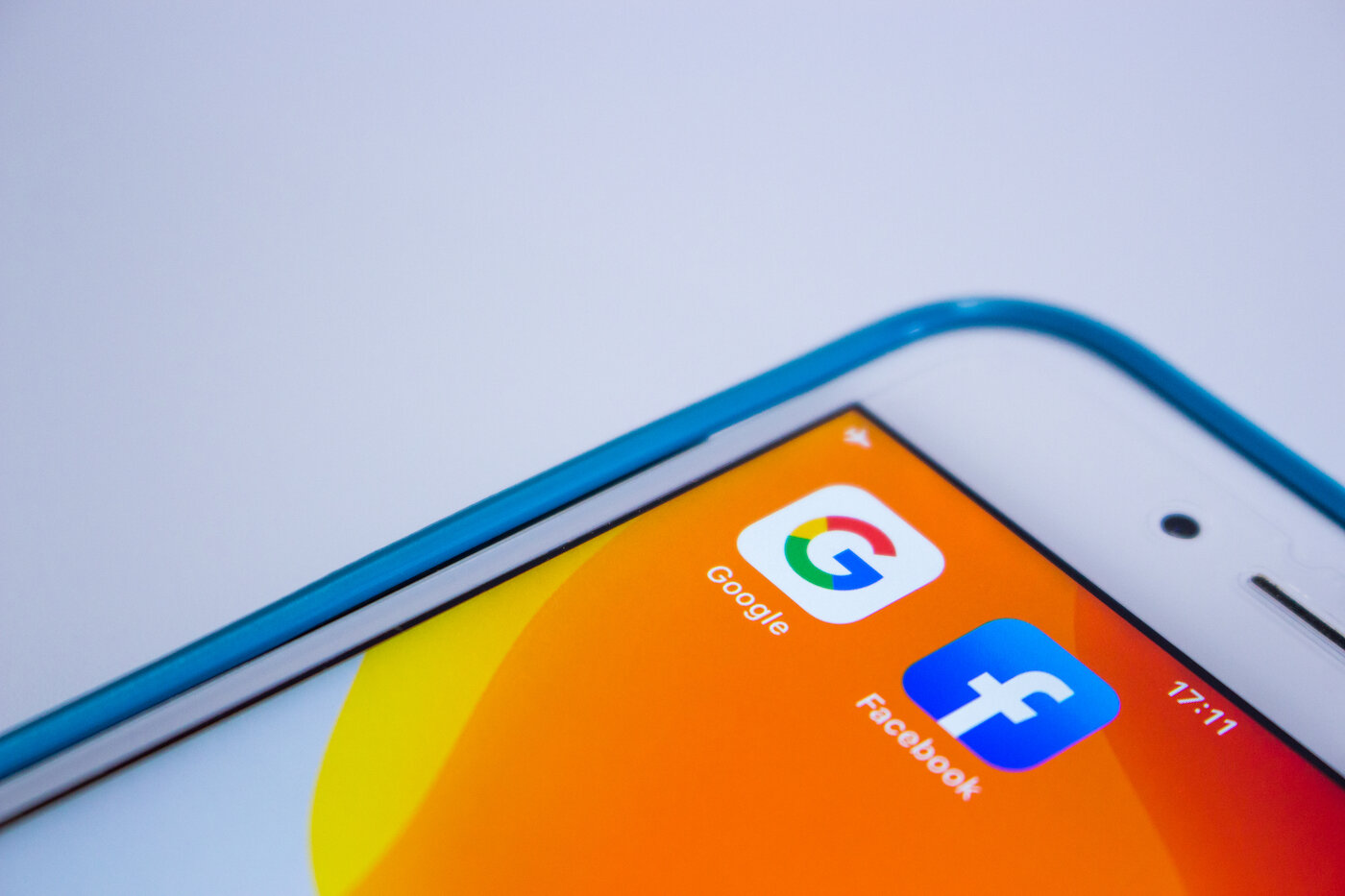Facebook & Google vs. Everyone
/We can debate the extent to which Facebook and Google are responsible for the change in how people interact with online content. That isn’t the same, however, as saying they are responsible for the current state of online publishing—which, to say the least, is struggling.
Credit: Shutterstock
I wrote about it for Business Insider last week, and I think it’s important context for the bigger conversation:
There’s no question that the internet changed almost everything about publishing, but contrary to popular belief, the internet is much larger than just Google and Facebook.
The most significant factor that led to the current state of publishing was that the internet made it easy to reach a mass audience in a way that you simply couldn’t through physical distribution. A small publication in any town in American might have 10,000 print subscribers. Put the same content online, and suddenly you could reach 10 or 100 times that. And if your content is widely shared, maybe 1,000 times more.
At the same time, it didn’t cost you anything more to make the content available. You didn’t have to print 10 times as many copies of your newspaper.
This represented an extraordinary opportunity because advertising has always been a greater driver of revenue for newspapers than circulation. In 1991, for example, advertising was responsible for more than 75% of total newspaper revenue generated, according to Pew Research. In 2006, that piece of the total revenue pie was up to 83%.
As the internet made it possible to reach a mass audience, advertisers were more than willing to pay for ads. That was very good news for publishers, and they wasted no time putting their content online, often for free to users.
At the same time, the internet was also unbundling the services you used to find in your local paper. Content became specialized, with different sites representing every imaginable niche. Where you used to check out the classified section in the paper, you could now visit Craigslist, or eBay, or Cars.com. Instead of the “help wanted” section, you would visit Indeed or LinkedIn.
All that was good for consumers who suddenly had access to infinitely more information. But for publishers, all those things represented revenue that suddenly went elsewhere. More importantly, it represented traffic that went elsewhere.
The bigger problem for publishers is that what’s happening now is the logical conclusion of the moves they made. Those moves looked like a brilliant strategy for scooping up money 10 years ago. Today, there’s simply too much competition to continue to sustain traditional publishers using the same business model.
That doesn’t mean that forcing Facebook and Google to pay is the right solution. From that same piece:
Forcing Google and Facebook to pay publishers for links to their content is a bad idea because it feels like a solution, but it isn’t. When you feel like you have a solution to a problem, you stop addressing it. But that doesn’t mean it actually starts getting better.
Publishers are expected to lose as much as $20 billion in ad revenue over the next three years, according to research from PwC, a far cry from the $1 billion Google promised. That’s hardly a solution to what’s becoming an increasingly dire problem.
The idea shouldn’t be that the government look for ways to maintain the status quo by taxing new technologies, especially when those new technologies are far more efficient and desirable for users. Unfortunately, that’s far too often the default response whenever technology disrupts an established industry, but it rarely helps.
A better solution is to acknowledge that advertising might not be the best or only viable business model for publishers. For example, The New York Timessays it’s seen the revenue it generates from online subscribers outpace that of print subscriptions. And as advertising revenue fell 30%, the revenue it’s generating from those online subscribers grew 34%.
If Google and Facebook want to find ways to help publishers and increase the viability of journalism, that’s definitely a good thing. But don’t mistake it for a solution to the real problem, which is that the way people value, find, and consume information is different. The business model has to be, too.

